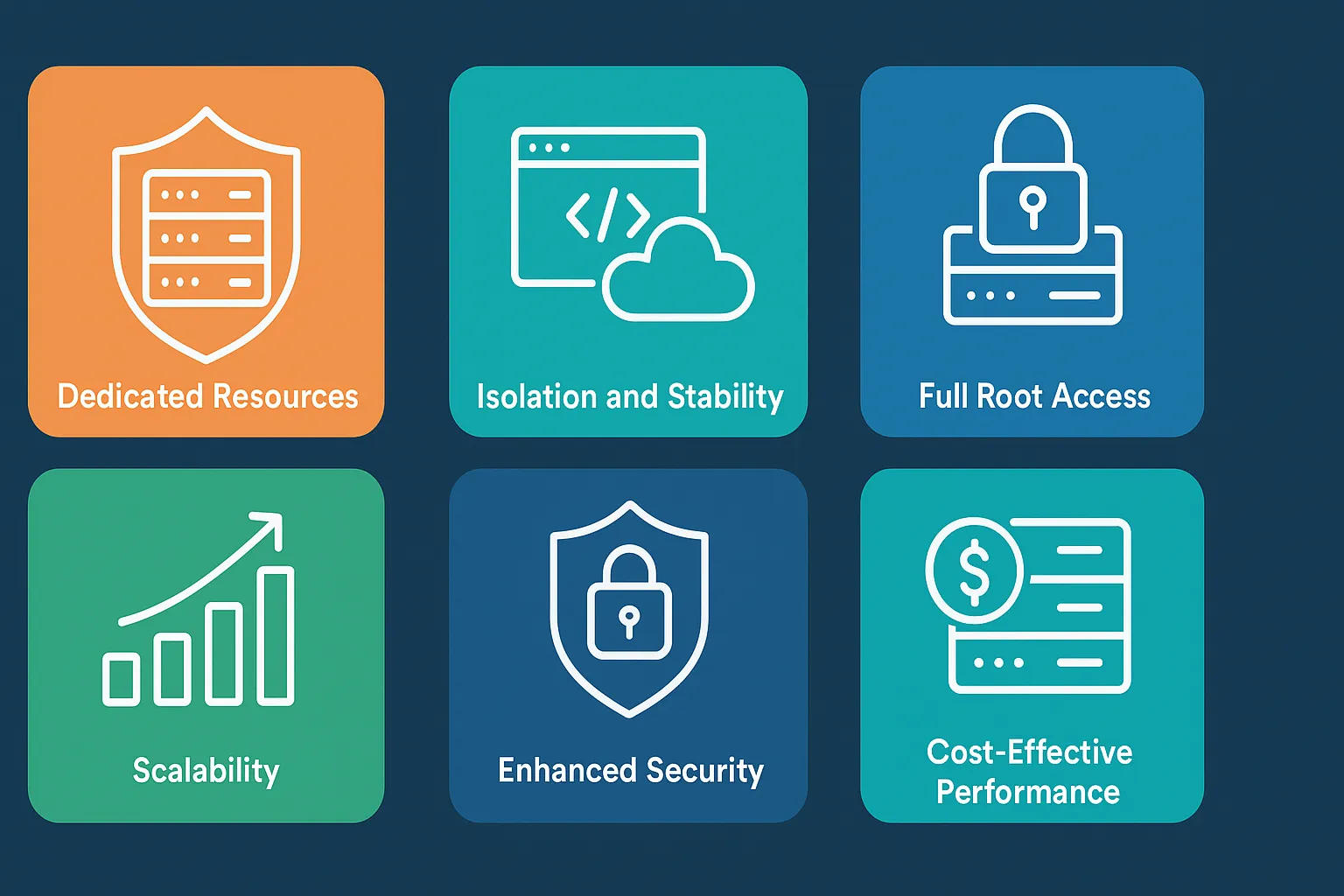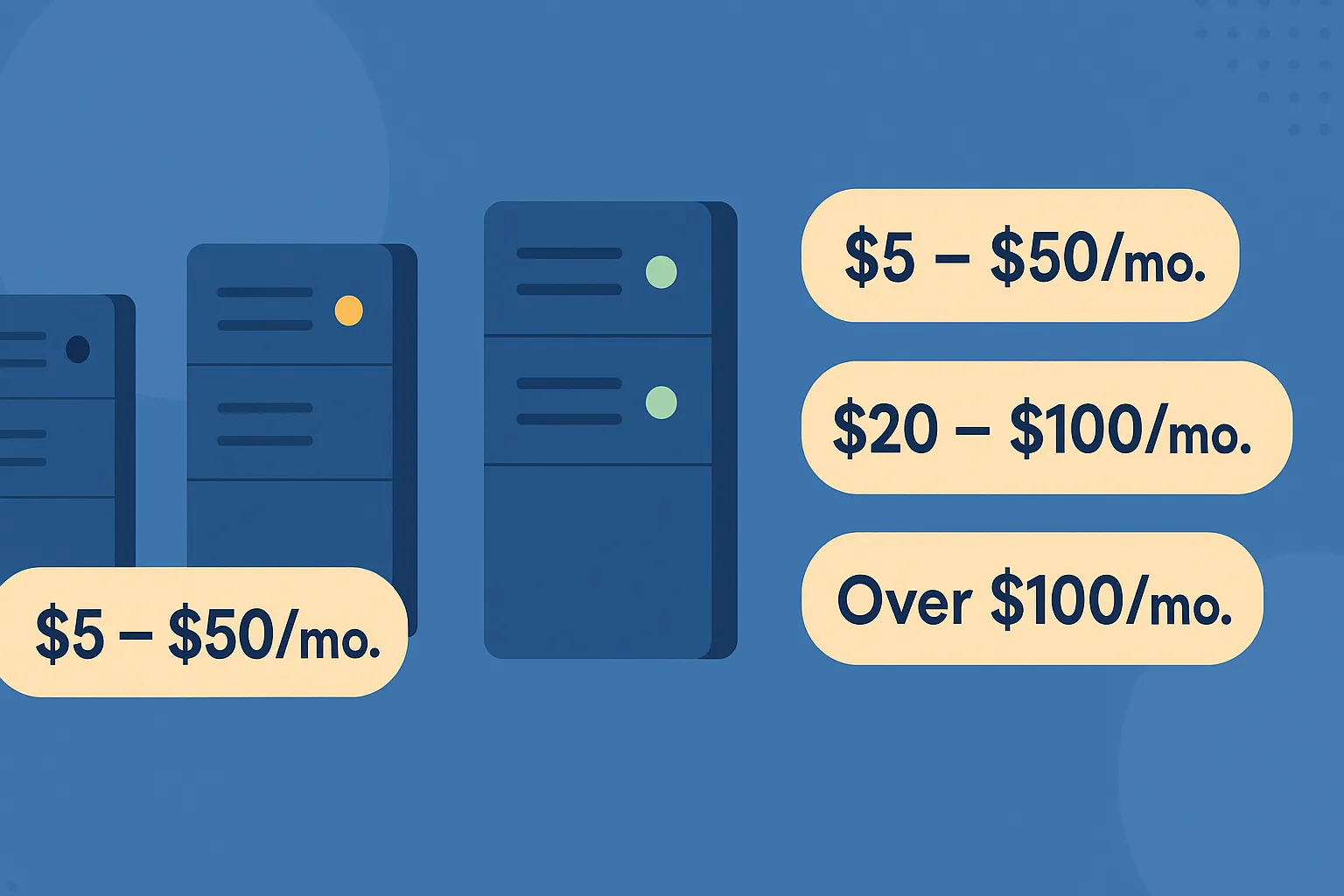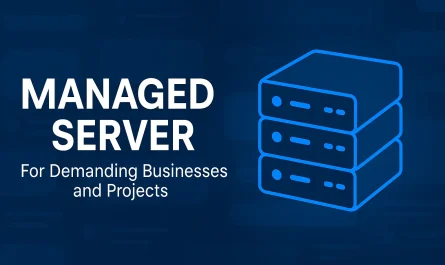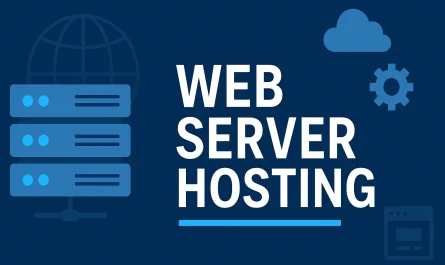In today’s digital landscape, having a hosting solution that is flexible, secure, and scalable is essential for any online project looking to grow and maintain performance. This is where the Virtual Private Server (VPS) comes in—an increasingly popular choice for those who need more control than shared hosting without the high cost of a dedicated server.
What Is a Virtual Private Server (VPS)?
A Virtual Private Server (VPS) is a type of hosting that emulates a dedicated server within a shared physical environment. Using virtualization technology, a physical server is partitioned into multiple virtual machines, each with its own operating system, allocated resources (CPU, RAM, storage), and root access.
In simple terms, a VPS gives you an isolated environment with many of the benefits of a dedicated server—but at a significantly lower cost.
How Does a VPS Work?

VPS hosting is powered by virtualization software. A hypervisor (such as KVM, VMware, or Virtuozzo) segments the physical server into separate virtual instances. Each virtual server:
- Runs its own operating system
- Has dedicated resources
- Operates independently of other virtual servers
- Can be rebooted or configured individually
This isolation ensures better performance, more customization options, and stronger security compared to traditional shared hosting.
Types of VPS Hosting
There are two main types of VPS hosting:
1. Unmanaged VPS
With unmanaged VPS hosting, the hosting provider delivers the server, and you are fully responsible for:
- Installing and maintaining the operating system
- Setting up web servers and applications
- Implementing security patches
- Monitoring server performance
This option requires technical expertise but offers complete control and customization.
2. Managed VPS
In a managed VPS hosting environment, the provider handles all technical operations. You get a ready-to-use VPS, ideal for businesses or users who lack server management experience.
Key Benefits of a VPS

A Virtual Private Server offers multiple advantages over shared hosting:
✅ Dedicated Resources
Unlike shared hosting, your allocated RAM, CPU, and storage are exclusively yours, ensuring consistent performance.
✅ Isolation and Stability
Each VPS operates independently. Other users on the same physical server cannot impact your site’s stability or security.
✅ Full Root Access
VPS hosting provides administrator-level control, allowing custom configurations, software installation, and system-level changes.
✅ Scalability
You can easily upgrade or downgrade server resources depending on your needs—perfect for growing websites or seasonal traffic spikes.
✅ Enhanced Security
With your own environment, you can configure advanced security measures like firewalls, VPNs, and SSL certificates.
✅ Cost-Effective Performance
A VPS offers many of the same capabilities as a dedicated server—at a fraction of the price.
When Should You Choose a VPS?
A Virtual Private Server is ideal for:
- Websites with moderate to high traffic
- Developers needing custom environments
- Businesses requiring improved uptime and performance
- Agencies managing multiple websites or clients
- eCommerce stores, SaaS platforms, CRMs, APIs, or gaming servers
VPS vs Shared Hosting vs Dedicated Server
| Feature | Shared Hosting | VPS Hosting | Dedicated Server |
|---|---|---|---|
| Cost | Low | Moderate | High |
| Dedicated Resources | No | Yes | Yes |
| Root Access | No | Yes | Yes |
| Scalability | Limited | High | High |
| Customization | Low | High | Full |
| Security | Basic | Medium to High | Very High |
| Technical Knowledge | Not Required | Sometimes | Required |
Are There Any Disadvantages?
While VPS hosting is a strong middle-ground solution, it does have a few considerations:
- Requires technical knowledge (if unmanaged)
- Costs more than shared hosting
- Misconfiguration risks if not managed properly
- Lower capacity than dedicated servers for extreme workloads
How Much Does VPS Hosting Cost?

VPS pricing varies by provider, configuration, and whether it’s managed or unmanaged:
- Unmanaged VPS: $5 – $50/month
- Managed VPS: $20 – $100/month
- Premium VPS: Over $100/month (for enterprise-grade setups)
Best VPS Hosting Providers in 2026
Here are some of the top-rated VPS hosting companies this year:
- DigitalOcean – Developer-friendly and highly scalable
- Vultr – Affordable with worldwide server locations
- Linode (by Akamai) – Excellent performance-to-cost ratio
- Hostinger – Beginner-friendly VPS plans
- A2 Hosting – High-speed servers with SSDs and turbo features
- SiteGround – Exceptional support and managed VPS plans
- Cloudways – Managed VPS using infrastructure from AWS, GCP, and more
How to Choose the Right VPS Hosting Plan
Before you buy, consider the following factors:
- Managed vs unmanaged hosting
- Required CPU and RAM
- Disk space (SSD vs HDD)
- Monthly bandwidth limits
- Server location (closer to your target audience improves speed)
- Control panel options (cPanel, Plesk, custom panels)
- Ease of scalability
- Reputation and customer support
Final Thoughts on Virtual Private Servers
A Virtual Private Server is the ideal hosting solution for those who’ve outgrown shared hosting but don’t yet need a full dedicated server. It offers speed, reliability, control, and security at a budget-friendly price point.
For growing websites, custom applications, or agencies managing multiple projects, a VPS can be the foundation of a strong online presence in 2026.



